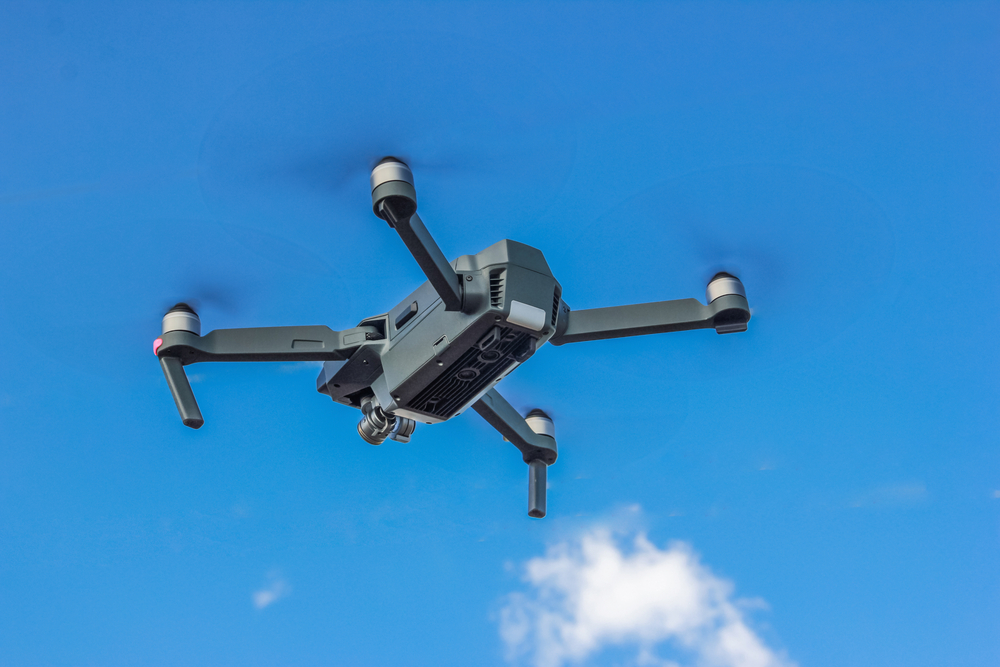
The Defense Advanced Research Agency (DARPA) selected Tucson-based Raytheon Company Monday to complete development of software that enables unmanned aircraft systems (UAS) to leverage collaborative autonomy to perform long-distance engagements in contested battle spaces.
After successful flight tests, the Collaborative Operations in Denied Environment (CODE) program has transitioned into phase 3. UAS equipped with CODE software will be able to navigate to predetermined destinations and find, track, identify and engage targets with minimal human supervision.
“CODE is working to develop a low-cost approach to upgrade legacy unmanned aircraft and make them more effective through groundbreaking algorithms and software that enable them to work together with minimal supervision,” said Jean-Charles Ledé, program manager for CODE and acting deputy director of the DAPRA’s Tactical Technology Office.
The CODE program aims to enhance the scalability, survivability, flexibility, and effectiveness of existing UAS software platforms, as well as reduce the amount of time it takes to develop future systems.
Lockheed Martin conducted test flights with CODE-equipped RQ-23 Tigershark UAS at Naval Air Weapons Station China Lake in California during phase 2 of the program. Raytheon validated the software’s open architecture and test-support framework.
“The phase 2 test flights exceeded their objectives to stand up the infrastructure and showed promising progress toward the future collaborative autonomy capabilities CODE envisions,” Ledé said. “In Phase 3, we anticipate further expanding CODE capabilities by testing greater numbers of aircraft and highly autonomous behaviors in more complex scenarios.”




